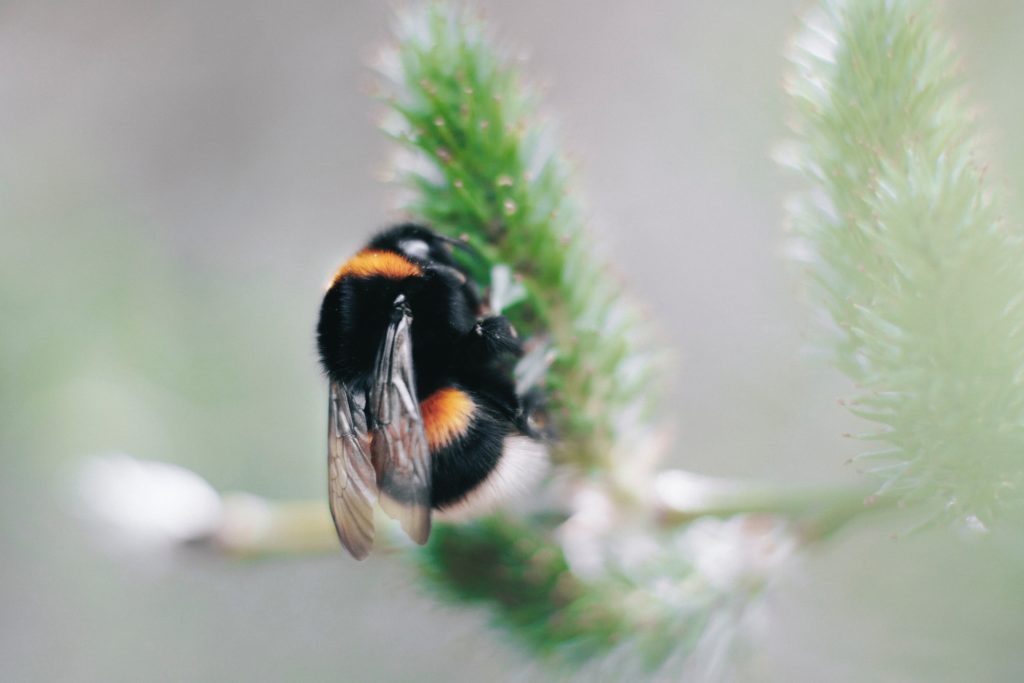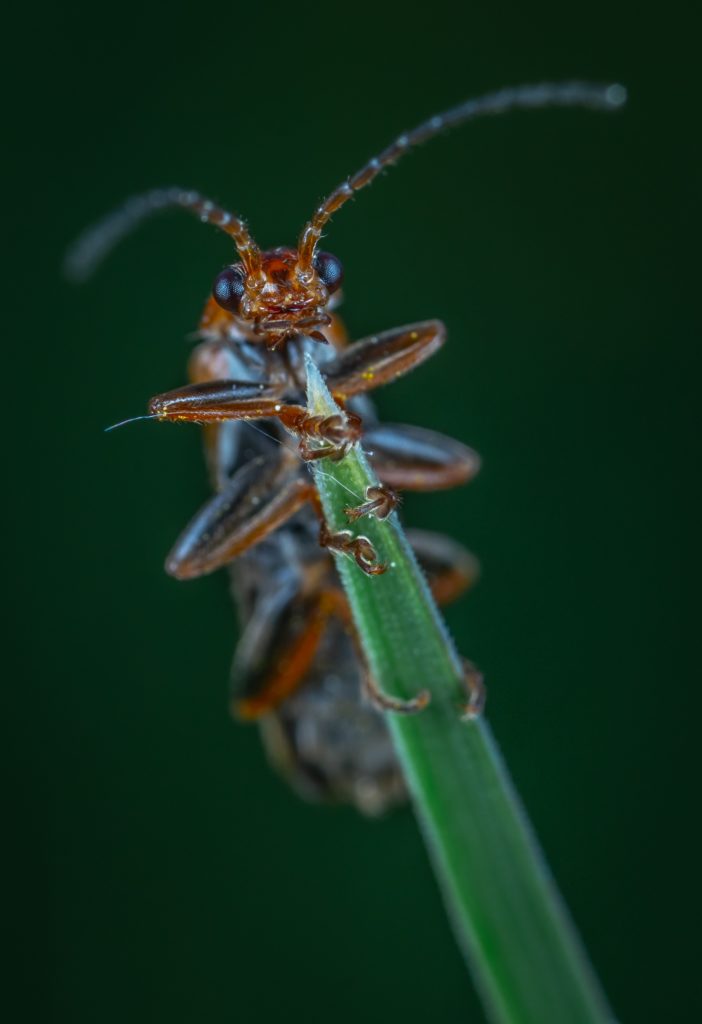Spring is an exciting season in South Carolina, the weather is sunny and bright, flowers are blooming but, April showers bring spring bugs. There are a few things you need to know to get ahead of the spring bugs to protect your family and your home.
Most Common Spring Bugs
There are a lot of spring bugs that thrive in the spring season that will try to invade your home. Certain species are especially prevalent. Here are a few to look out for.
- Cockroaches
- Ants
- Tricks
- Earwigs
- Mosquitoes
- Wasps
- Fleas
- Mice, Rats and other Rodents
Clean and Keep it Clean
Bugs are looking for 3 things when they invade a home, food, water, and shelter. Be sure to have a regular cleaning schedule for your home to prevent many pests from being attracted to the inside of your home. The season of spring is a great time for a deep clean of your home.
- Keep food sealed and never leave it out overnight.
- Never leave dishes in the sink after cooking dinner because insects are attracted to water.
- Be sure to dry your dishes and put them away to avoid insects.
Moisture Control and Standing Water
When there is a leak in a pipe or faucet in your home be sure to take care of it right away. Standing water can attract spring insects. Water is a must for animals to survive in high moisture and humid areas. Check for moisture problems inside your house as well as outside your house.
- Keep basements ventilated and dry.
- Don’t overwater your grass or flowers near your home.
- Remove items that hold water.
- Keep gutters empty from being filled with water.
Proper Lawn and Garden Care
Since we know insects are looking for food and water we need to make sure you have sealed entry points at the ground level and around windows and doors. If you do not you are just asking for the spring bugs to flock inside your home.
- Keep vines trimmed so they do get into your home. If vines are not kept cut they can grow up brickwork and go behind the siding. Trim them at the ground level.
- Shrubs and bushes should be trimmed at least 18 inches from your house.
- Keep your grass cut.
- Remove any decaying wood from your property.
Pest Control Maintenance Plans
Having a set maintenance plan for your home will help keep your home pest-free. At Exclusive Pest, we offer monthly and quarterly pest control maintenance plans. Schedule a consultation with us today so a technician can develop a plan that meets the needs of your family. We are here to partner with you when it comes to pest prevention and maintaining the beautiful home you love to reside in.







